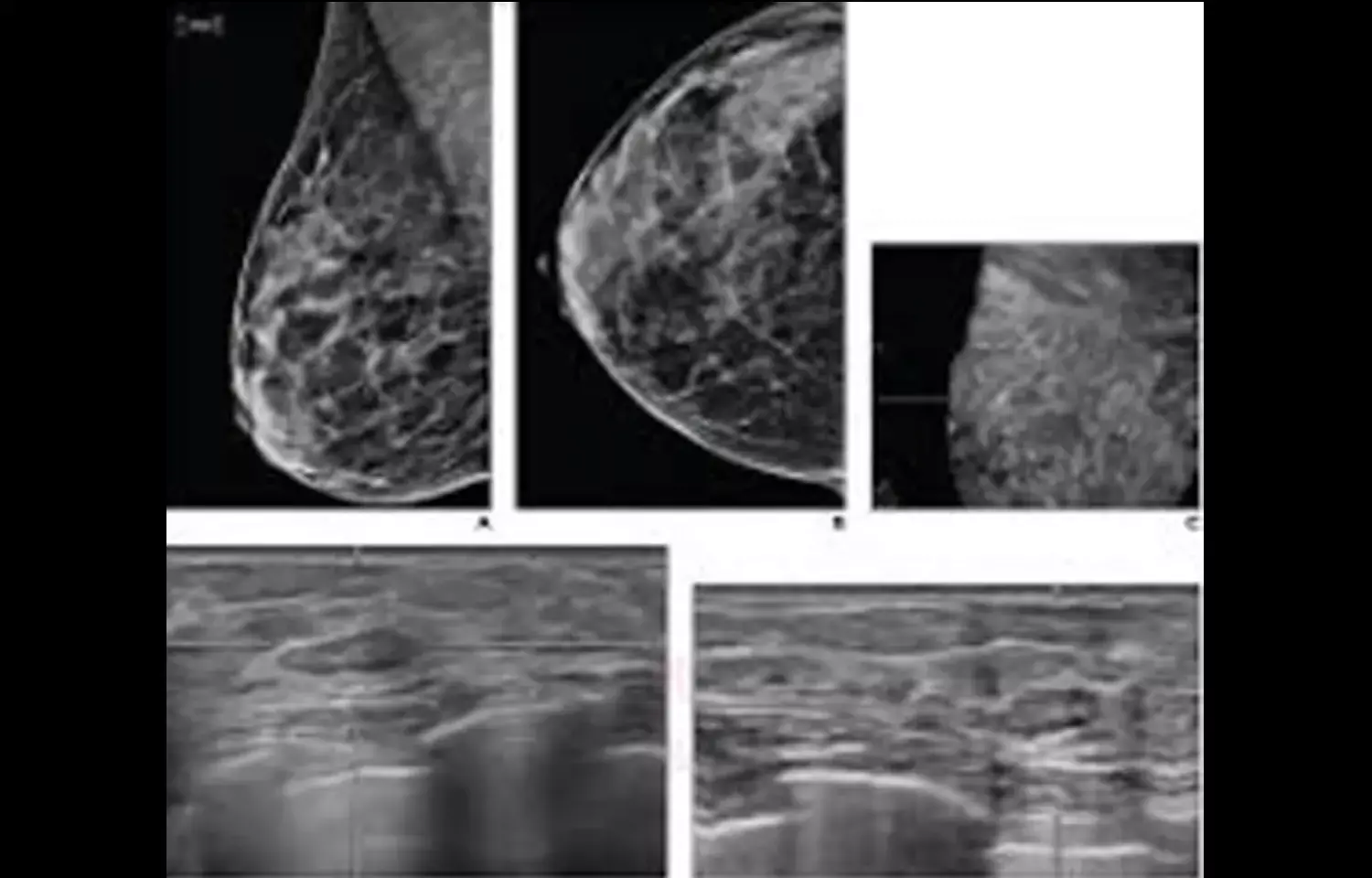- Home
- Medical news & Guidelines
- Anesthesiology
- Cardiology and CTVS
- Critical Care
- Dentistry
- Dermatology
- Diabetes and Endocrinology
- ENT
- Gastroenterology
- Medicine
- Nephrology
- Neurology
- Obstretics-Gynaecology
- Oncology
- Ophthalmology
- Orthopaedics
- Pediatrics-Neonatology
- Psychiatry
- Pulmonology
- Radiology
- Surgery
- Urology
- Laboratory Medicine
- Diet
- Nursing
- Paramedical
- Physiotherapy
- Health news
- Fact Check
- Bone Health Fact Check
- Brain Health Fact Check
- Cancer Related Fact Check
- Child Care Fact Check
- Dental and oral health fact check
- Diabetes and metabolic health fact check
- Diet and Nutrition Fact Check
- Eye and ENT Care Fact Check
- Fitness fact check
- Gut health fact check
- Heart health fact check
- Kidney health fact check
- Medical education fact check
- Men's health fact check
- Respiratory fact check
- Skin and hair care fact check
- Vaccine and Immunization fact check
- Women's health fact check
- AYUSH
- State News
- Andaman and Nicobar Islands
- Andhra Pradesh
- Arunachal Pradesh
- Assam
- Bihar
- Chandigarh
- Chattisgarh
- Dadra and Nagar Haveli
- Daman and Diu
- Delhi
- Goa
- Gujarat
- Haryana
- Himachal Pradesh
- Jammu & Kashmir
- Jharkhand
- Karnataka
- Kerala
- Ladakh
- Lakshadweep
- Madhya Pradesh
- Maharashtra
- Manipur
- Meghalaya
- Mizoram
- Nagaland
- Odisha
- Puducherry
- Punjab
- Rajasthan
- Sikkim
- Tamil Nadu
- Telangana
- Tripura
- Uttar Pradesh
- Uttrakhand
- West Bengal
- Medical Education
- Industry
Routine annual screening for ABUS BI-RADS 3 lesions substantially reduces recall rate: Study

USA: Return to routine screening for BI-RADS 3 lesions on supplemental automated whole-breast US (ABUS) results in a substantial reduction in recall rate without any adverse outcome, suggests results from a recent study in the American Journal of Roentgenology (AJR).
"Results from this prospective study support a recommendation for routine annual follow-up for BI-RADS 3 lesions at supplemental ABUS," wrote the authors.
It is known that supplemental screening breast ultrasound (US) detects additional cancers in women with dense breasts but identifies many BI-RADS 3 lesions that result in short-term follow-ups and biopsies.
Richard G. Barr of Northeastern Ohio Medical University in Rootstown, and colleagues conducted a prospective study from August 2013 to December 2016. The study enrolled patients with BI-RADS 1 or 2 on screening mammography and breast density C or D to undergo supplemental ABUS, which was interpreted as BI-RADS 1, 2, 3, or 0. For ABUS BI-RADS 1, return to routine screening was recommended, whereas ABUS BI-RADS 0 lesions underwent targeted hand-held ultrasound.
In 2,257 women (mean age, 58 years), routine follow-up of BI-RADS 3 lesions detected on supplemental ABUS screening in women with dense breasts and any risk resulted in a recall rate of 3.8% (85/2,257), biopsy rate of 0.5% (12/2,257), and positive biopsy rate of 58.3% (7/12)--with no missed cancers (95% CI, 0.0-0.86%).
Noting that ABUS can help mitigate acquisition variability by standardizing the documentation, recording, and archiving of ultrasound images from the entire breast (excluding the axilla), Barr et al. reiterated that ABUS images of similar quality can be obtained from adequately trained ultrasonographers and mammographers.
"Avoiding earlier follow-up for these probably benign lesions can be associated with substantial cost savings," the authors of this AJR article added.
Reference:
The study titled, "Outcomes of Return to Routine Screening for BI-RADS 3 Lesions Detected at Supplemental Automated Whole-Breast Ultrasound in Women with Dense Breasts: A Prospective Study," is published in the American Journal of Roentgenology.
DOI: https://www.ajronline.org/doi/10.2214/AJR.21.26180
Hina Zahid Joined Medical Dialogue in 2017 with a passion to work as a Reporter. She coordinates with various national and international journals and association and covers all the stories related to Medical guidelines, Medical Journals, rare medical surgeries as well as all the updates in the medical field. Email: editorial@medicaldialogues.in. Contact no. 011-43720751
Dr Kamal Kant Kohli-MBBS, DTCD- a chest specialist with more than 30 years of practice and a flair for writing clinical articles, Dr Kamal Kant Kohli joined Medical Dialogues as a Chief Editor of Medical News. Besides writing articles, as an editor, he proofreads and verifies all the medical content published on Medical Dialogues including those coming from journals, studies,medical conferences,guidelines etc. Email: drkohli@medicaldialogues.in. Contact no. 011-43720751


